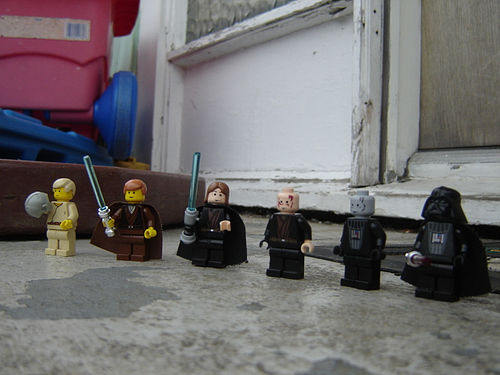Jason Kottke’s just shared an interesting story about Instagram shops which are doing gangbusters in Kuwait.
A description from ‘shop’ owner Fatima Al Qadiri:
If you have an Instagram account, you can slap a price tag on anything, take a picture of it, and sell it. For instance, you could take this can of San Pellegrino, paint it pink, put a heart on it, call it yours, and declare it for sale. Even my grandmother has an Instagram business! She sells dried fruit.
Amazing. This is not only such a low-impact way of testing the market for a particular product, but it’s so smartly circumventing issues around modern shopping cart systems.
Specifically, the sellers can:
- Easily update their inventory from their mobile phone.
- Quickly share new inventory across multiple networks.
- Easily conduct their business from their mobile phones by leveraging low-cost options like WhatsApp.
- Leverage another network without the need to integrate APIs. In this case, by using Instagram directly.
No storefront maintenance, no hosting requirements, no need for a desktop or tablet, no fancy marketing. Just the goods.
This kind of lightweight testing is great for getting an understanding of market interest in your product and can lead to great insights, just like the four noted above.
[Ed.note: This post originally appeared Say Yeah! blog on Friday, July 12, 2013. It has been republished here with permission]



